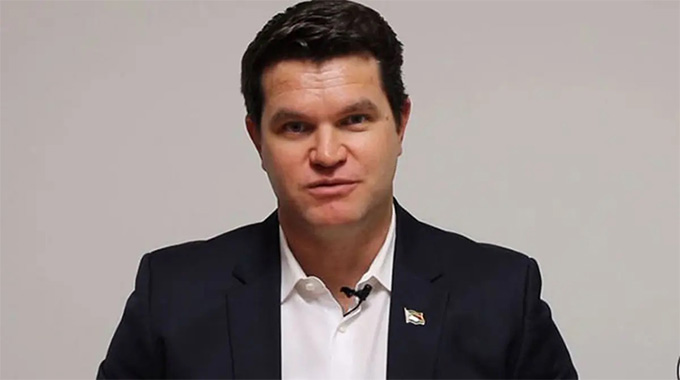Tighten screws on illicit financial flows, African govts urged

Prosper Ndlovu in Sandton, Johannesburg
AFRICAN governments have been called upon to tighten legislation towards effective enforcement of anti-corruption measures and restore legitimacy by weeding out illicit financial outflows that impede sustainable development.
About $1.4 trillion illicit financial outflows have been recorded in Africa in the last 30 years at $50 billion to 80 billion annually.
According to surveys, five percent of these involve corruption by government officials with 30 percent attributed to criminal activities and 65 percent to commercial activities.
Corruption, smuggling, tax evasion and non compliance top the major constraints affecting revenue collection by African governments at a time the continent is in dire need of funding to foster socio-economic transformation.
These are at the heart of a three-day media engagement and training workshop, which began here yesterday and is being attended by African tax administrators, business reporters and editors.
The African Tax Administration Forum (ATAF) hosts the event that is focused on shaping deliberations around the significance of taxation in sustaining nations and promoting development on the continent.
In his opening remarks, ATAF executive secretary Mr Logan Wort said effective revenue collection was the lifeblood of development in every country hence the need for authorities to work closely with citizens to ensure compliance.
He said this should include close partnership with the media in rolling out educational programmes that promote transparency and accountability.
Zimbabwe under President Emmerson Mnangagwa is already cracking the whip on corruption and illicit financial deals that saw millions of dollars being spirited outside the country under former President Robert Mugabe’s leadership.
Last week, President Mnangagwa named and shamed individuals and corporates who externalised millions of funds outside the country after they failed to heed the call to return them within a three month moratorium that ended a fortnight ago.
ATAF head of international tax and technical assistance, Mr Mary Baine, challenged governments “to jail high profile people” who are fingered in perpetrating illicit financial flows.
“This will send a strong anti-corruption message. Criminality becomes a challenge to legitimacy of the state and this affects revenue collection,” he said.
Mr Baine suggested strengthening of legal frameworks to be accompanied by aggressive anti-corruption and money laundering measures and promotion of good governance, transparency, professionalism and efficient judicial enforcements.
“The key reason for the taxpayer compliance is the acceptance by the citizens that the state is legitimate and credible. Without such acceptance governments will have difficulty in securing sufficient resources to govern or develop the state,” he said.
During the workshop, journalists and tax administrators will discuss a number of topics covering aspects of trends in taxation in Africa, taxation and state building, reporting on tax matters and various news opportunities.










Comments